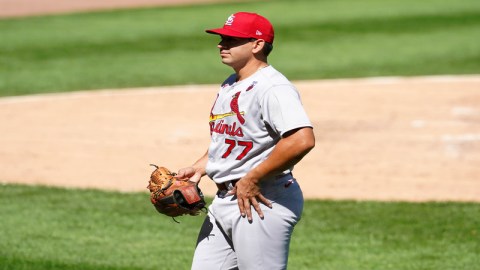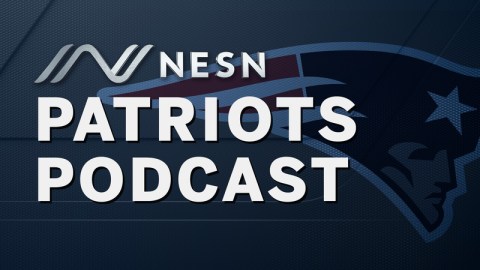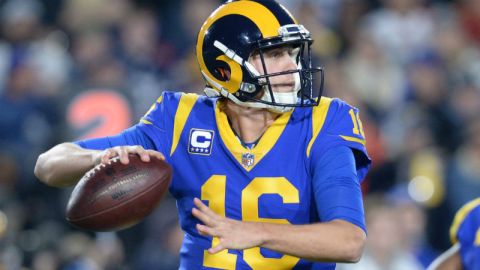From 1999 through 2005, Lance Armstrong was at the top of the cycling world when the sport was also at the peak of its popularity. This was before doping allegations took over the sport, when a feel-good story of a man overcoming cancer to dominate cycling became one of the greatest sports stories of all time.
Lost in all the hype for many newcomers to the sport was the fact that cycling, since its beginning as a competitive sport in the 20th century, had been hounded by doping allegations and convictions. The final cracking down on the use of drugs came after the Festina affair in 1998 which forced the UCI to add more frequent and more intricate tests for the major races, especially the Tour de France.
And what Armstrong did is unprecedented in any sport. This would be a baseball player going out with a debilitating disease and coming back to win the batting title in 7 consecutive years, hitting over fifty homers each time. Doping, right? It would be a sprinter coming back from a debilitating disease to shave a second off his time.
Cycling also presents a different angle to that premise. More than any other sport dominated by doping, cycling is an endurance sport. The Tour de France, which Armstrong dominated for almost ten years, consists of cycling 2,000 miles in two weeks. Including various stages involving strenuous climbs through mountains.
There's reason to believe that doping persists in the sport precisely because of its nature. It’s not that people cheat to be the best and cut corners, many cheat because it's the only way they can complete the race in competitive times. It'd be like the steroids users in baseball needing to use performance enhancing drugs to simply hit 20-30 home runs in a season.
It's into that environment that Armstrong steps in and begins to dominate. Armstrong also has ties to Michele Ferrari, a physician banned for life for his use of performance enhancing drugs. There were various positive results that were dismissed for not passing a threshold or for a lack of backup samples. There were direct accusations from teammates.
Just the same, for the past 15 years, Armstrong has indulged those that accuse him. He has submitted tests, he has appeared in court and there has never been overwhelming proof.
Lance has used his wins for something greater than the sport and he's moved on. He has retired and now is focused on his Livestrong foundation and helping bring awareness to the importance of exercise and fitness.
He has finally given up on fighting back, for some that will be an admission of guilt, for others a martyr. For many, the use of drugs is irrelevant. So what if he was doping like everyone else?
At some point, the US Cycling Federation and other organizations could have looked the other way. He was the greatest global embassador the sport has ever had. He wasn't flaunting his wins except to help and inspire others. He was no bigger threat than any other cycler.
Those that believe him to be guilty already believe so, an "official pronouncement" will do nothing to change that. Armstrong decided to move on and not waste time and resources on a useless fight.
He believed he was part of a "one-sided and unfair" withhunt when he decided to stop fighting the charges. Even if the hounding was justified, was it necessary to vilify the sports greatest hero?



